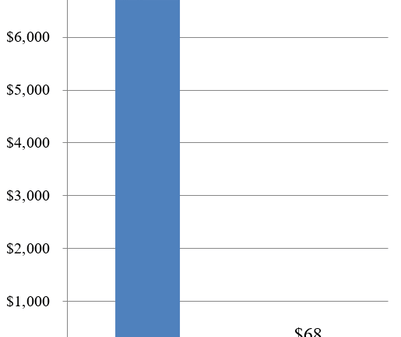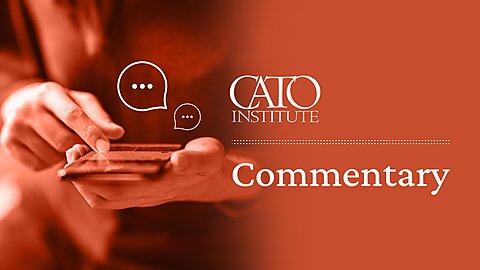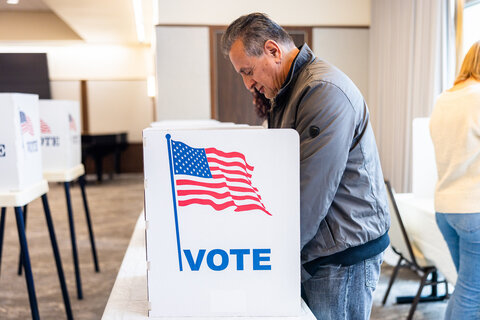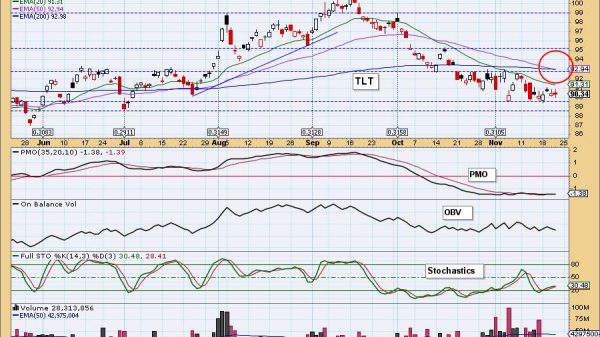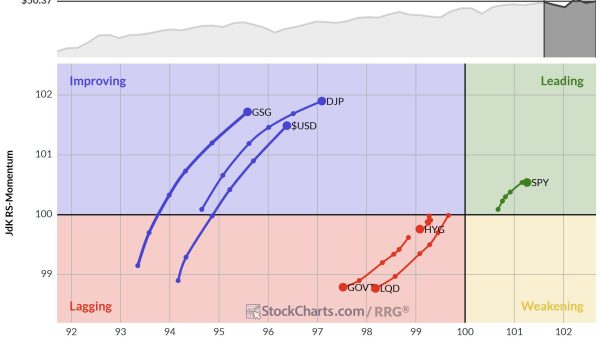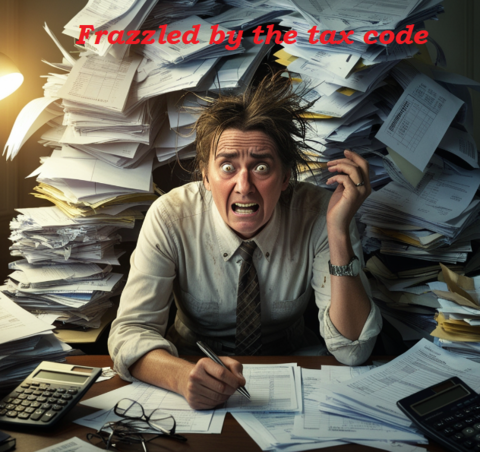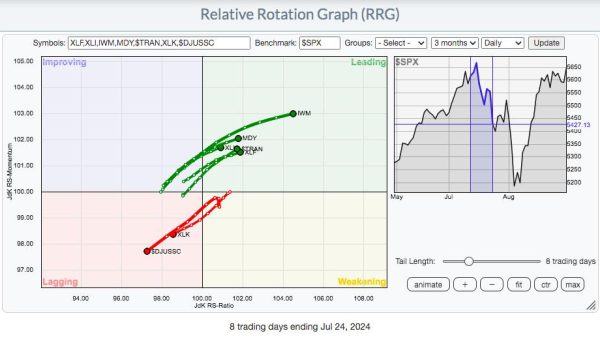The federal “tax gap” is the amount of taxes owed but not paid on time, which is loosely viewed as the amount of tax cheating. The IRS has released a new estimate showing that the tax gap is down as a share of gross domestic product (GDP). Despite political rhetoric to the contrary, tax cheating is not a growing problem.
The gross tax gap in 2022 was $696 billion. After late payments and enforcement actions, the net tax gap was $606 billion. Of the gross total, $514 billion stemmed from individual income taxes, $50 billion from corporate income taxes, $127 billion from payroll taxes, and $5 billion from estate taxes.
The chart shows the tax gap was 2.7 percent of GDP in 2022. The gap has been roughly flat over the past decade and down a bit from two decades ago.

All tax systems have tax gaps, and there are pros and cons of using tougher enforcement to reduce the gap. The US tax gap is smaller than the average gap in Europe.
The flip side of the gross tax gap is the “voluntary compliance rate,” which is the tax paid on time divided by the estimated full amount owed. This rate was 85 percent in 2022, which was little changed over the past decade but up from two decades ago.
No one likes tax cheating, but there are civil liberties costs when the government tries to close the gap by heavier regulations and overzealous enforcement. The optimal tax gap is not zero because that would impose huge compliance costs and because the IRS makes errors.

Furthermore, some of the tax gap is not outright cheating but rather reflects a misunderstanding of the complex code. Unfortunately, both presidential candidates have proposed changes that would complexify the tax code, frazzle taxpayers, and cause more errors. The proposed changes come after the current administration complexified the code with the Inflation Reduction Act.
Congress in 2025 should reject any loopholes proposed by the new administration. Lawmakers should simplify the tax code along the lines suggested by Adam Michel and myself. Simplifying the tax code would reduce cheating, boost growth, and be a win-win for taxpayers and the government.
I discuss IRS funding and the tax gap in congressional testimony here and here.

